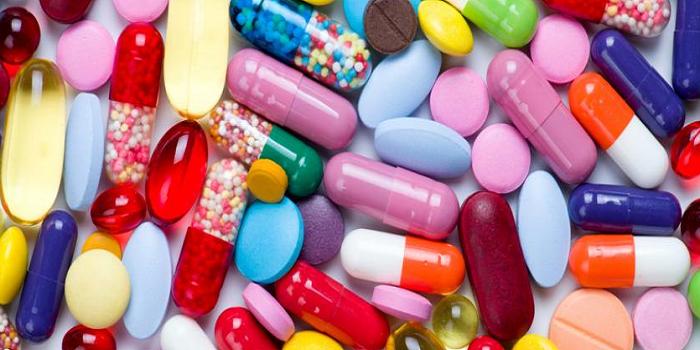Medicines can be created only by large organizations that are licensed for this activity, as well as equipped with the necessary equipment and materials for these purposes. After the production of any medication, registration of the drug is required. Only after this process is further mass production and marketing of the drug permitted. Therefore, such registration is considered a specific and complex process, which pharmaceutical companies spend a lot of time and effort.
The concept of drugs
Medicines are represented by individual substances or a combination of different substances intended for the treatment of various diseases or the prevention of diseases. All drugs on the market are certainly pre-tested and tested. Based on the results obtained, pharmaceutical companies receive permission to release and use drugs. After this, the registration of medicines is carried out, allowing to bring the product to the market.
Most often, drugs are created from plants grown in laboratory or natural conditions. Additionally, preparations are made from various chemical elements. All drugs differ from each other in terms of effect, effect and composition.
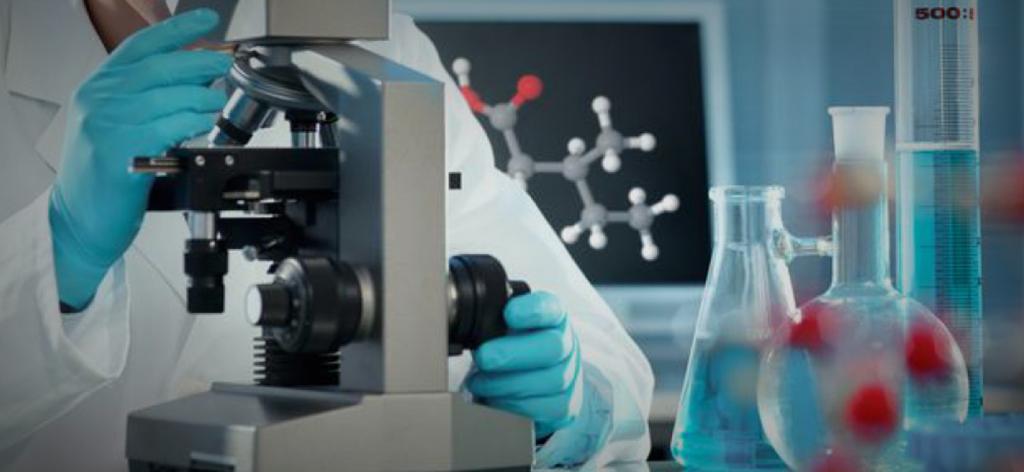
Registration Rules in Russia
State registration of medicines is carried out at the Ministry of Health, whose offices are located in different cities of the country. Additionally, in some regions, you have to contact the Department of State to complete this process.
The procedure should be performed after the pharmaceutical company conducts its own tests and tests. After this, documentation for registration is submitted, and in the framework of this process, own research is carried out.
What medicines are subject to registration?
Registration of drugs in Russia is not required for all drugs, since there are some drugs that can be sold without prior registration. Be sure to carry out the procedure for the following medicines:
- drugs introduced into circulation in Russia for the first time;
- medicines that were previously registered, but in the process of their production the form or dosage was changed, therefore it is important to prove that such innovations did not affect the effectiveness and safety of the use of a particular drug;
- combinations of drugs that have been previously registered.
Without prior registration, the sale of such drugs is strictly prohibited. If such a serious violation is detected, the production organization will be held liable, which consists of a large fine, suspension of work, and often even a prison term for the owners of the organization.
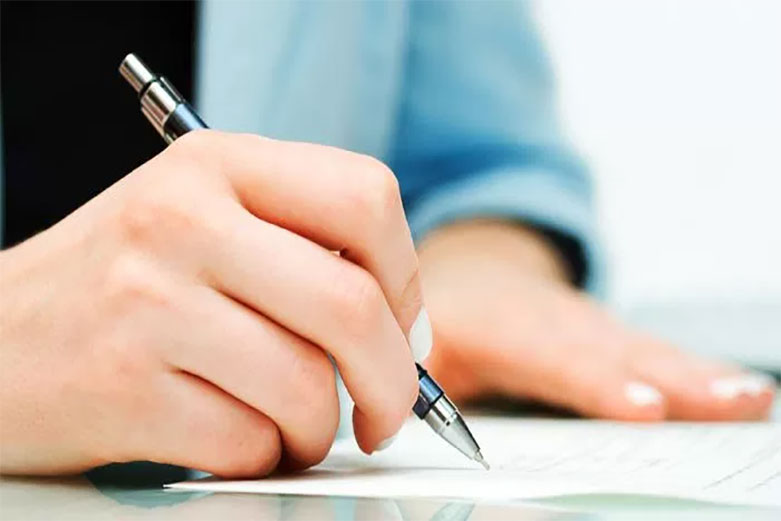
What medications can I not register?
There are some drugs for which registration is not required. These include the following:
- Created by pharmacies, veterinary clinics or IPs with a permit for pharmaceutical activities, but at the same time certain rules and requirements must be observed by them;
- purchased by individuals outside the Russian Federation and used exclusively for personal purposes;
- imported to Russia for the treatment of a particular patient in need of expensive treatment, but this requires the prior permission of authorized state bodies;
- imported into the Russian Federation on the basis of a permit issued by state authorities, the main purpose of this process being conducting clinical trials or examinations;
- non-medicinal substances;
- radiopharmaceuticals created in medical facilities for specific patients;
- medicines created specifically for export to other countries.
All of the above drugs can be used without prior registration with government agencies.
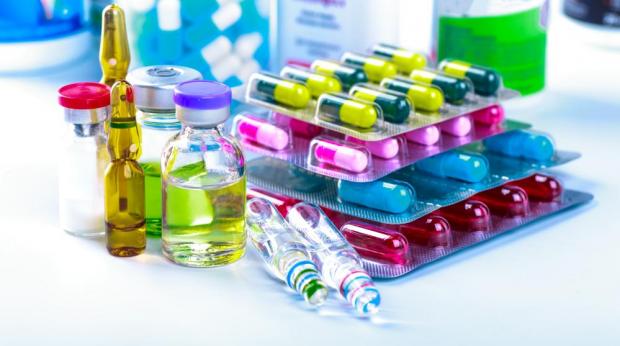
When will registration be refused?
In some situations, drug registration is prohibited. These include the following cases:
- drugs under the same name are registered, but the active substances differ in them;
- one manufacturing company produces one medicine under different names.
Therefore, before registration, the correctness and feasibility of the process is carefully analyzed.
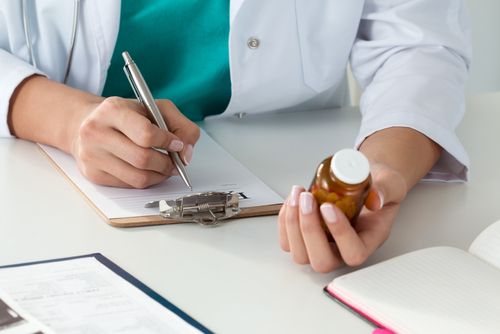
The procedure for registration of medicines
If any production organization has created a completely new medicine, then it must take care of the quality and timely design of this drug. To do this, the correct sequence of actions is performed. The process usually takes about 120 days.
The full procedure for registering medicines consists of the following steps:
- the necessary documentation is initially collected to complete this process;
- then the documents are checked by representatives of the Ministry of Health, for which 14 days are allocated, since it is important to verify their optimum quantity and authenticity;
- if it is discovered that there are no important documents, then they can be conveyed, but only within 90 days;
- samples of the created medicine are transferred to the registration authority, which allows for an examination, and the number of samples is agreed upon in advance with the inspectors;
- the study is carried out in the laboratory, and also consists of three tests;
- the examination can be carried out in the laboratory of the inspection body or directly in the production company, but with the participation of state experts;
- if the company fails to transfer the necessary documentation within the established time frame, then a further refusal will be received, about which the company representative will be notified within 14 days;
- Ministry of Health workers prepare a special report containing information on the study and the number of documents received from the manufacturing enterprise;
- after the examination, an opinion is issued to the applicant, which indicates whether the created drug is safe and effective;
- a document is attached to the conclusion, containing data on the decision made.
The main difficulties arise with the preparation of the necessary documentation, and research can take a long time.
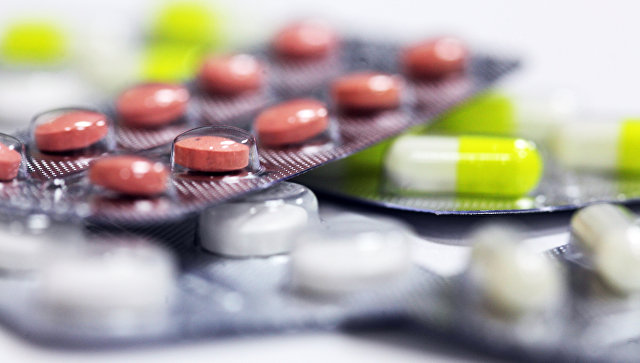
What documents are issued with a positive decision?
If the employees of the Ministry of Health make a positive decision, then the drug is registered. The representative of the company in this case receives the following documents:
- a certificate confirming that the created drug is genuine;
- instructions for the use of the drug;
- certificate of quality for the product;
- list of risks that may occur with the use of this drug.
After that, the medicine is added to a special list of medicines that are registered in Russia, so they can be sold in pharmacies legally. It is in this database that the basic information about the created drug is stored.
The company management should also remember about the registration of operations related to the circulation of medicines. For this, the provisions of the Order of the Ministry of Health No. 378n are taken into account, therefore enterprises must be engaged in maintaining a specialized journal. The drug development and registration journal is kept by the company, and information is entered only by an authorized employee.
Reasons for refusal
Sometimes pharmaceutical companies are faced with a refusal to register created drugs. This is usually due to a violation of the rules for registration of medicines. The most common reasons for rejection include:
- the risk of using this medication exceeds its beneficial properties;
- the representative of the organization does not prepare the required number of documents;
- low quality of the drug is detected;
- there is no evidence that the use of this substance will positively affect the human body;
- the transferred documents contain inaccurate or inaccurate information;
- the medicine does not meet certain requirements.
If a refusal is received, the company has the right to eliminate all identified shortcomings, after which a package of documents is submitted again.
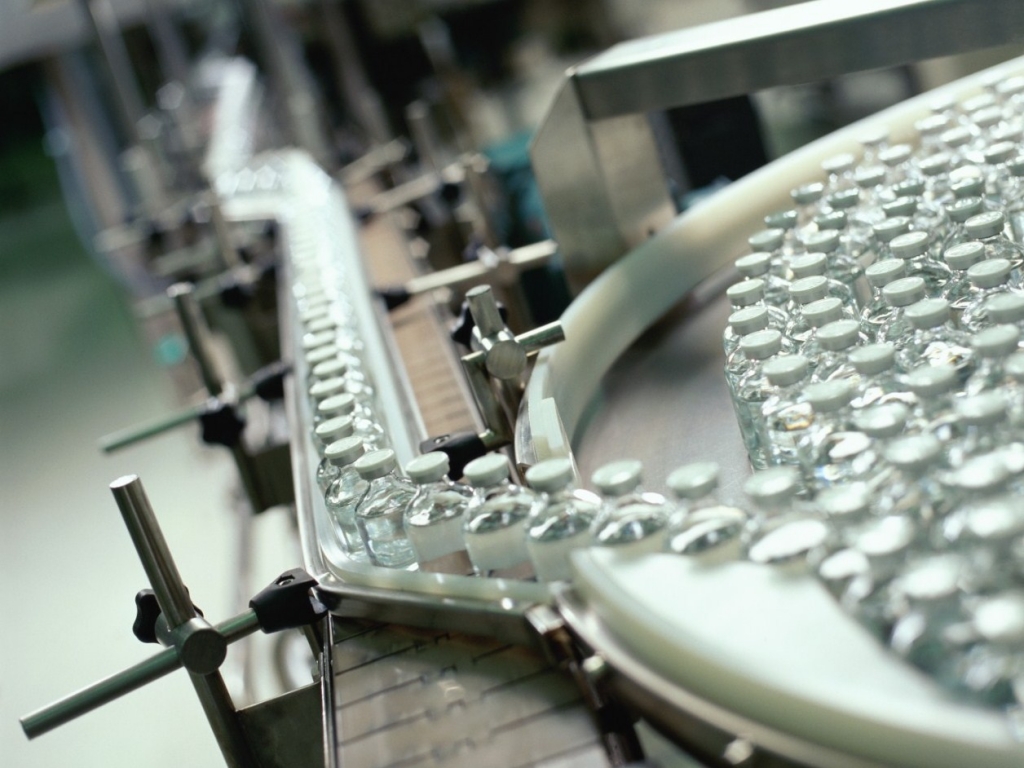
What documents are prepared?
The drug registration manager must prepare a specific set of documents for the implementation of this process. It includes the following documentation:
- a correctly formed application in the form of a registering authority, and it is allowed to form it in paper or electronic form;
- duty receipt;
- registration dossier;
- drug samples required for examination to determine the effectiveness and safety of the drug
All documents are filled out exclusively in Russian, and errors or inaccuracies are not allowed.
Examination Rules
A specialist in the registration of medicines, working in the Ministry of Health, must certainly conduct an examination for a new drug. Using this process, you can make sure that the medicine is effective, reliable and safe. Statistics show that each year about 7 thousand examinations have to be carried out.
Based on the result, it is determined whether it is possible to register and use a specific medicine. The rules for implementing this process include the following:
- the examination is carried out only by a commission consisting of experienced and professional experts with medical education;
- no kinship or friendship between the owners of the pharmaceutical company and the members of the commission is allowed, since only such conditions guarantee the reliability and independence of the study;
- experts are prosecuted for falsification or false information;
- with the help of the examination, the authenticity and safety of the use of the new drug is established, which helps to prevent future situations associated with poisoning users.
Every year, the rules on the basis of which drugs are allowed on the market change. This is due to the improvement of equipment used for laboratory research of drugs. Due to a better examination, it is possible to identify even the most insignificant shortcomings of medicines.
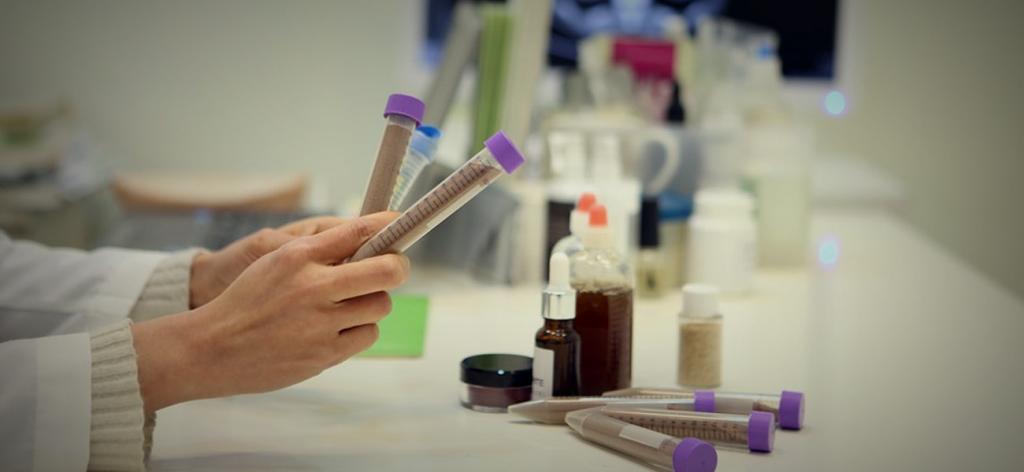
Conclusion
Any company specializing in the production of drugs is forced to face the need for their state registration. The process is carried out in the offices of the Ministry of Health, which requires the preparation of certain documentation. Representatives of a government agency conduct a study whose main purpose is to identify the safety and effectiveness of using a particular drug.
Denial of registration is usually due to poor examination results or the provision of false data. Therefore, all people can be sure of the quality of drugs sold in pharmacies of the country.
